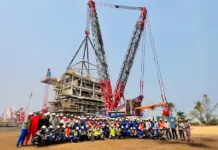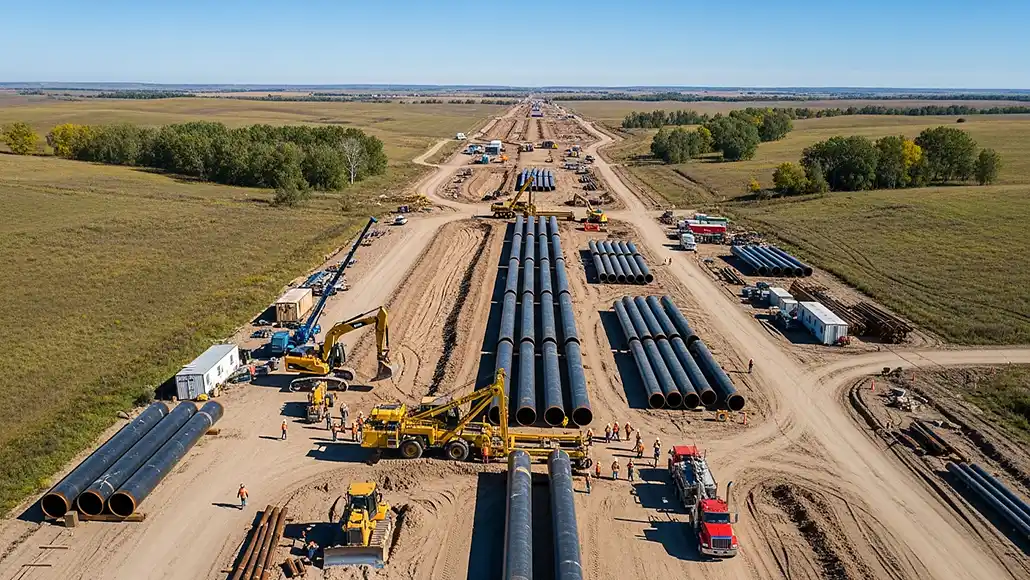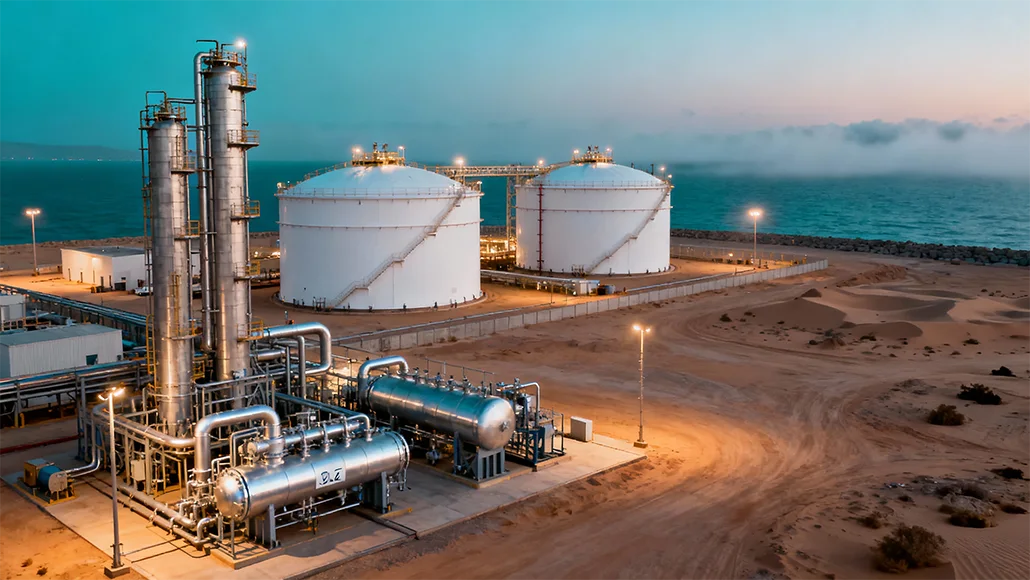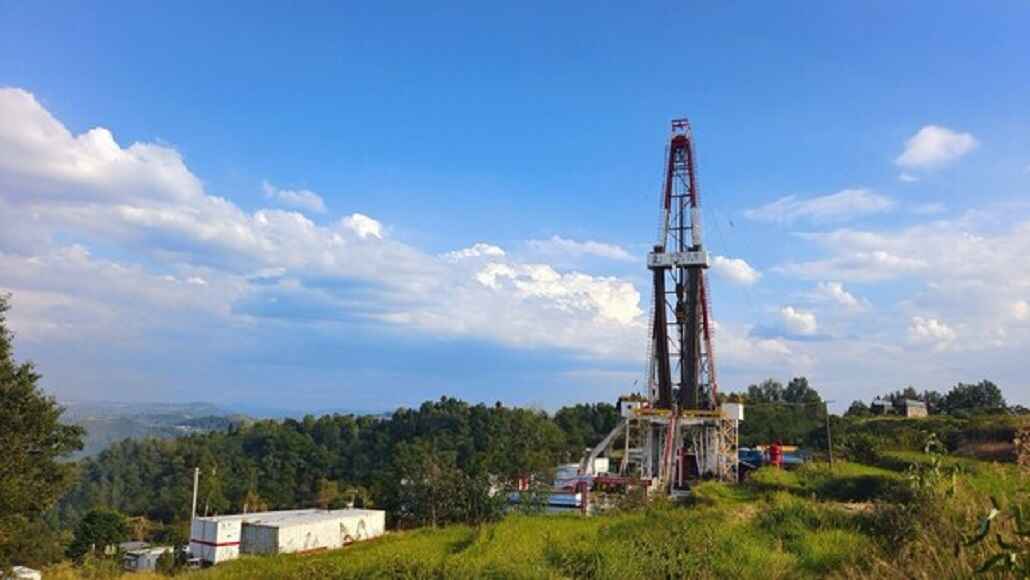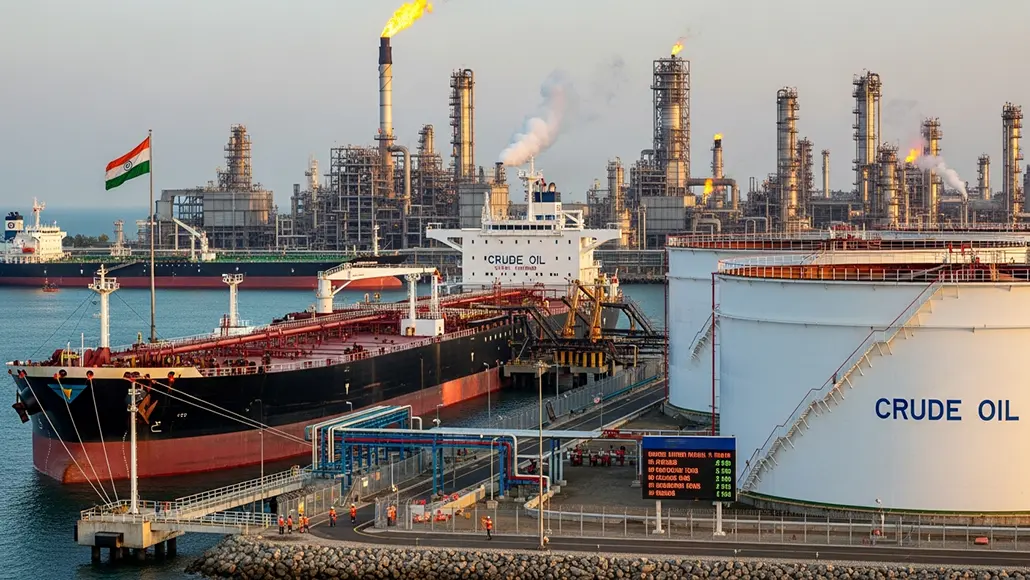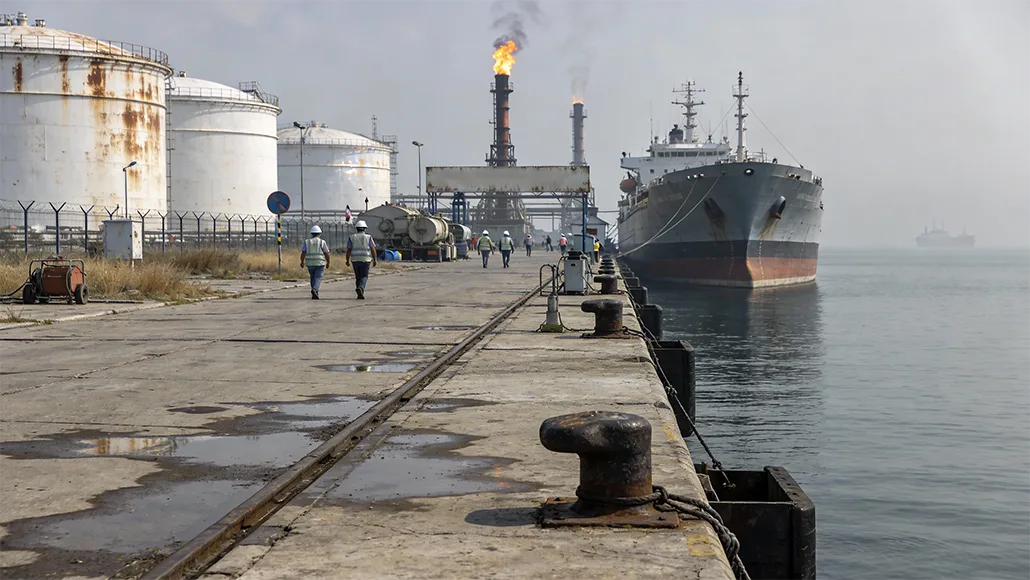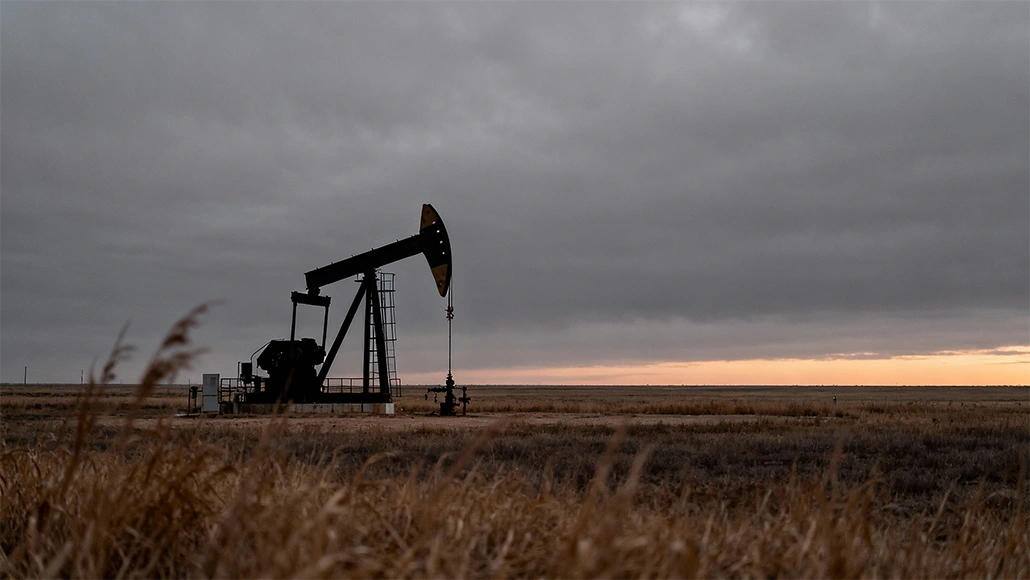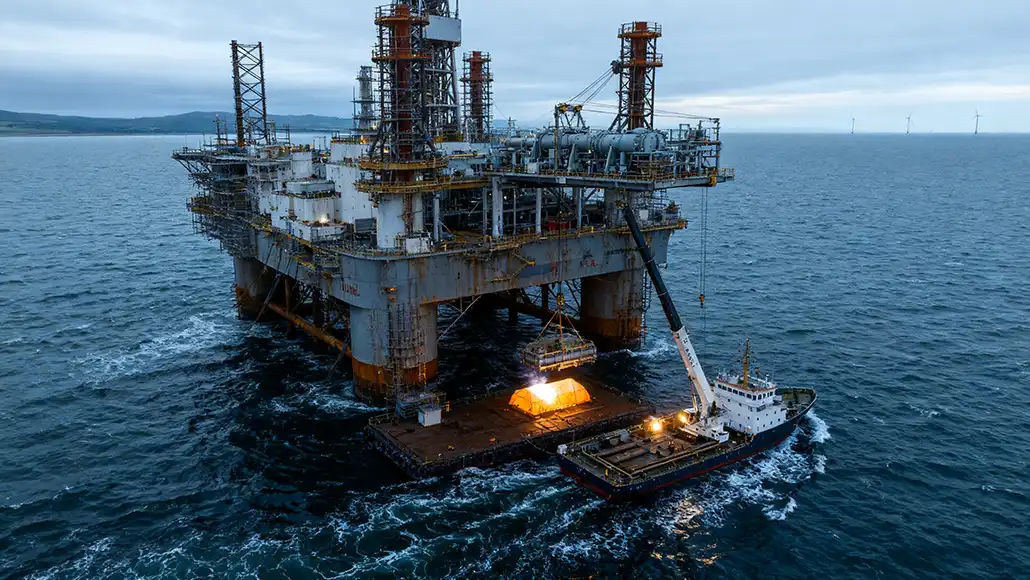There are plans getting developed for an £830 million gas storage project, which could very well increase the energy security of the UK through expanding storage capacity by almost 50%.
Under the scheme, which happens to be proposed by dCarbonX, the British-Irish energy company, one would see the erstwhile Bains gas field near Barrow-in-Furness, based in Morecambe Bay, get converted into a prominent storage facility.
Backed by Snam, the largest gas infrastructure operator in Europe, the project is designed in order to reduce the exposure of the UK to shortages along with volatile energy markets.
It is quite interesting to note that the Bains site could as well hold almost 1.4 billion cubic meters of gas, which is equivalent to six extra days of the average demand, as per the company. Britain, at present, happens to have the lowest storage levels in the G7, which covers only 12 days of winter demand as compared to over 90 in Germany, France, and Italy.
The chief executive of dCarbonX, Tony O’Reilly, went on to warn of the risks pertaining to underinvestment, stating that the UK does not only have a market gap, but it has a strategic risk as well. Gas isn’t a commodity anymore, but it happens to be a prominent transition fuel and, of course, an insurance policy for growth that’s balanced. Failure to go ahead and address its necessary role is indeed a national security risk.
If it gets the approval, the Bains facility could as well be operational in the next five years. It would join Rough, located off the Yorkshire coast, which, by the way, happens to be the largest gas storage site of UK, however faces uncertainty in terms of long-term investment. The site owner, Centrica, has in the past argued that government backing is required so as to keep it viable.
Chris O’Shea, who happens to be the chief of Centrica, has gone ahead and claimed that had Rough been functional at its full capacity during the height of the energy crisis, households could have gone on to save almost £200 each.
When it comes to the project managers, the Bains scheme goes on to highlight the intricacy of large-scale energy infrastructure projects. Regulatory barriers and funding approvals, along with environmental considerations, are going to shape the delivery timelines. Simultaneously, the project also happens to reflect the wider strategic questions pertaining to balancing energy transition objectives, taking care of the energy security of the UK along with short-term resilience.






